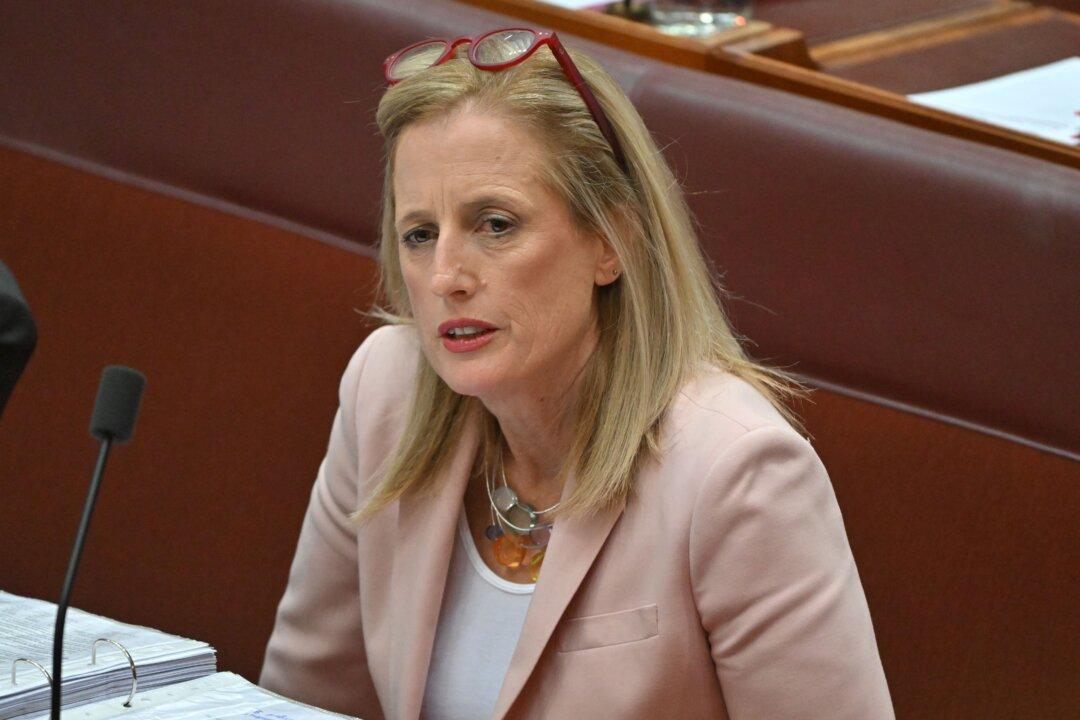The Australian government has once again rejected the possibility of the economy falling into a recession following the Reserve Bank’s latest interest rate decision.
On July 4, the Reserve Bank of Australia (RBA) announced a pause on its interest rate hiking cycle, effectively maintaining the official cash rate at 4.1 percent throughout the month.





